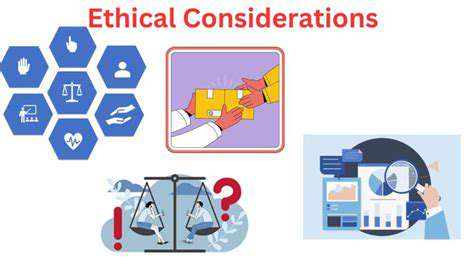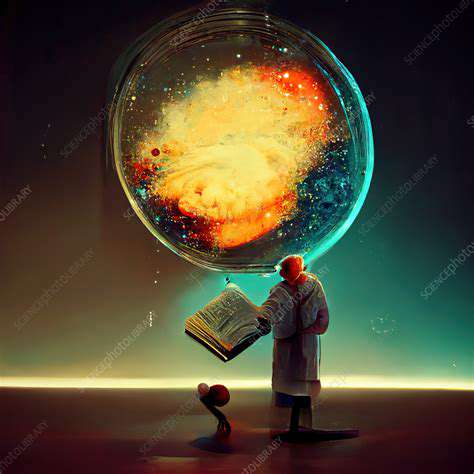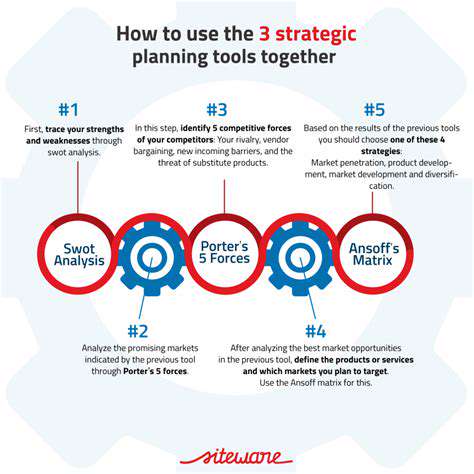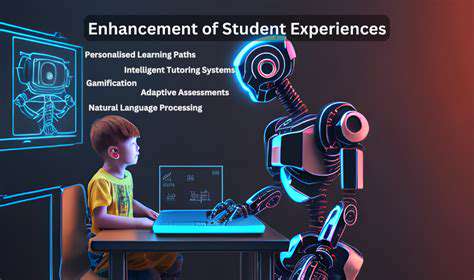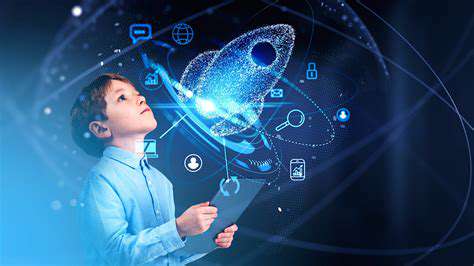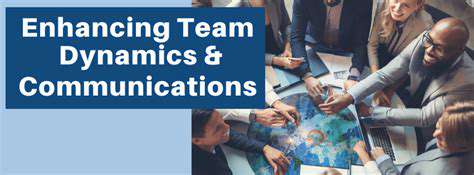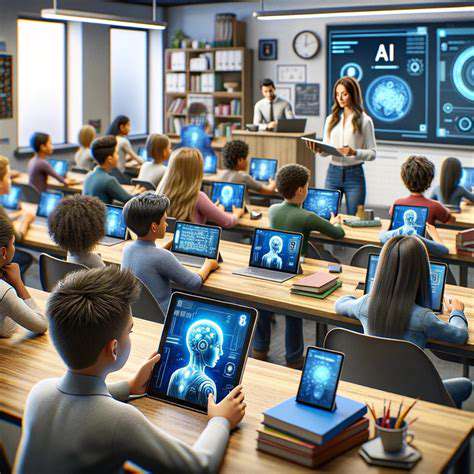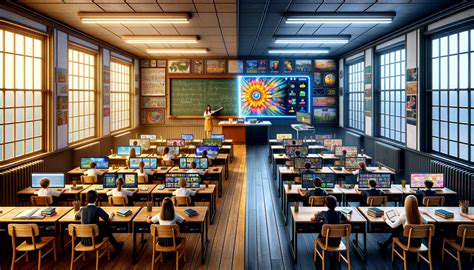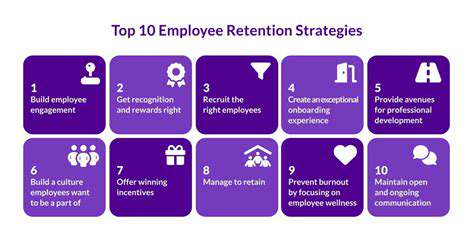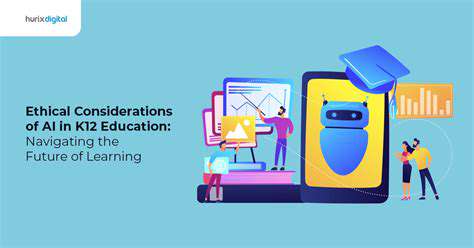The Human AI Collaboration: Elevating the Learning Experience
The Rise of Personalized Learning
The future of education is increasingly intertwined with the potential of artificial intelligence. AI-powered systems can analyze individual student learning styles, strengths, and weaknesses with remarkable precision. This allows for personalized learning pathways, tailoring educational content and pacing to each student's unique needs. Imagine a system that dynamically adjusts the difficulty of exercises, provides targeted feedback, and proactively identifies areas where a student might struggle before they even realize it. This personalized approach promises to unlock potential in students who might otherwise fall through the cracks in a traditional, one-size-fits-all system.
Beyond simply adjusting content, AI can also provide customized learning experiences. Imagine interactive simulations and virtual environments that adapt to a student's progress, offering challenges that are just at the right level of difficulty, ensuring continuous engagement and fostering deeper understanding. This level of individualized attention will undoubtedly lead to more effective and engaging educational experiences for all students.
AI-Assisted Tutoring and Feedback
AI tutors are not meant to replace human teachers, but rather to augment their capabilities. They can provide immediate and consistent feedback on assignments, identifying common errors and offering targeted explanations. This frees up valuable class time for teachers to focus on fostering critical thinking, creativity, and collaboration, areas where human interaction is irreplaceable. Imagine a student receiving instant feedback on a written essay, highlighting grammatical errors, logical fallacies, and areas where the argument could be strengthened. This immediate feedback cycle accelerates learning and allows students to refine their skills in real-time.
AI can also provide 24/7 access to educational resources. Students can access personalized tutoring and support at any time, regardless of their location or schedule. This flexibility is crucial for bridging learning gaps and ensuring equitable access to quality education for all students. This accessibility and availability are key to expanding opportunities for students who might not otherwise have access to specialized support.
Transforming Assessment and Evaluation
Traditional assessment methods often fall short in capturing the full spectrum of a student's understanding. AI-powered tools can provide a more comprehensive and nuanced view of student progress by analyzing a wider range of data points, including interaction patterns, problem-solving strategies, and even emotional responses to learning materials. This allows for a more holistic understanding of student performance, moving beyond simply measuring knowledge retention to evaluating deeper learning and critical thinking skills.
AI can also automate the grading process for objective tasks, freeing up teachers to focus on more subjective and nuanced assessments, such as evaluating essays and projects. This allows teachers to dedicate more time to student interaction and provide personalized feedback that fosters deeper learning. This transformation of assessment methods will allow for a more accurate and comprehensive evaluation of student capabilities, leading to a more effective and holistic education system.
Ethical Considerations and the Human Element
While the potential of human-AI synergy in education is significant, careful consideration must be given to the ethical implications. Ensuring equitable access to AI-powered tools and preventing bias in algorithms are crucial considerations. Furthermore, the role of the human educator remains paramount. AI can augment teaching, but it cannot replace the crucial human element of empathy, understanding, and fostering a supportive learning environment. It's essential to maintain a balance between technology and human interaction, ensuring that AI tools are used to enhance, not diminish, the human touch in education.
The future of education is not about replacing teachers with machines, but rather about empowering them with the tools to create more engaging, personalized, and effective learning experiences. By embracing human-AI synergy, we can unlock the full potential of each student and cultivate a more equitable and innovative approach to education.
Read more about The Human AI Collaboration: Elevating the Learning Experience
Hot Recommendations
- The Gamified Parent Teacher Conference: Engaging Stakeholders
- Gamification in Education: Making Learning Irresistibly Fun
- The Future of School Libraries: AI for Personalized Recommendations
- EdTech and the Future of Creative Industries
- Empowering Student Choice: The Core of Personalized Learning
- Building Community in a Hybrid Learning Setting
- VR for Special Education: Tailored Immersive Experiences
- Measuring the True Value of EdTech: Beyond Adoption Rates
- Addressing Digital Divide in AI Educational Access
- Preparing the Workforce for AI Integration in Their Careers
